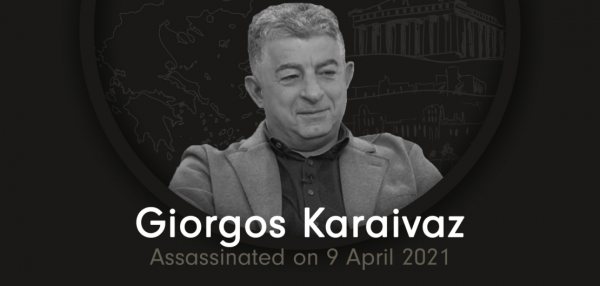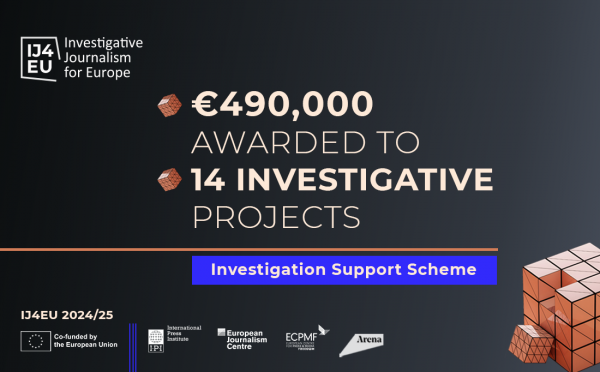Solana Larsen is the managing editor at Global Voices, an online community of bloggers and digital activists. Global Voices emphasizes the awareness of citizen media, a topic highlighted in the IPI World Congress 2011 session entitled “Taiwan’s PeoPo Project – A Model for Citizen Journalism in the Future.”
IPI: Can you briefly describe what Global Voices does? What is your role at Global Voices?
SL: My name is Solana and I am the managing editor of Global Voices (globalvoicesonline.org). It’s an international grassroots network of bloggers and translators from all over the world, especially in countries where media tends to overlook or ignore … we cover the Middle East and Latin America by translating and reporting on what citizen journalists, bloggers, and people on Twitter are saying about their countries. We try to bring [their stories] to a more international audience.
IPI: Global Voices seems to stress the idea of citizen journalism and citizen media. How does citizen journalism differ from professional journalism?
SL: I tend to find that professional journalists … prefer to … report on citizen journalism rather than the people on the Internet themselves. I think a lot of people who are engaged in what we call “citizen journalism” don’t really think of themselves in terms of “citizen journalism” or even journalism at all. People are just concerned; they’ll see an injustice and have something on their mind that they want to share by publishing it online. It’s more and more just being an active and engaged citizen. People communicate and share their ideas. They discuss politics, witness injustices, and they make things known. I think it’s up to mainstream media to take those stories, or those granules of truth, and turn it into something bigger.
IPI: Something that was brought up during the session (“Taiwan’s PeoPo Project – A Model for Citizen Journalism in the Future”) was the idea of not being able to prove the accuracy of the work a citizen journalist produces. How can it be ensured that citizen journalists are providing something truthful and accurate?
How can you ensure that anything is accurate? I always have a hard time understanding why people think there is some other process [in citizen journalism] than there is in any other kind of reporting. You use your valued judgment and evaluate them based on information that you have. Obviously, you can’t see people face-to-face online. You have to employ other techniques to see what they have been writing previously…you scroll back to the previous pages of their blogs or previous pages of their Twitter; you don’t just take things by their face value. Citizen journalism is the same as any other type of journalism.
What do you think the future holds for citizen journalism and citizen-produced media?
At Global Voices, we tend not to use the words “citizen journalism”. We’ve chosen a broader term, “citizen media”. I think journalists tend to think there are a bunch of citizens who are trying to emulate what they are doing, and often that’s not really the case. The information sharing has become much more sophisticated than what we’ve seen before. Previously, it was blogging, and now we turn to Twitter. We’ve also seen digital activists being engaged in online transparency initiatives where they take large sets of data and make websites where people can search and contribute information about corruption, elections, or anything that concerns citizens. I think that because these web tools are becoming so much more powerful, digital activists are becoming more and more ambitious in terms of what problems they are trying to solve with their activities online.
Are there any upcoming plans for Global Voices in the future?
We’re growing; our main growth factor in the past couple of years has been our translation community. We began as a website that was only in English; we then developed French and Chinese versions of our website. That community of volunteer translators around the world has now grown to a network of over 20 websites. We have websites in many different languages, and we’re now experimenting with different content in those languages as well. We have bloggers from France, for example, who don’t speak English that well…we are developing an editorial process where they can contribute in French and we’ll translate it to English. We never made use of the fact that most of our editors are bilingual or in some cases trilingual. We’re now having [our editors] work in several different languages. It’s a decentralized form of growth, and I think it’s part of the exciting new things that Global Voices is doing.


